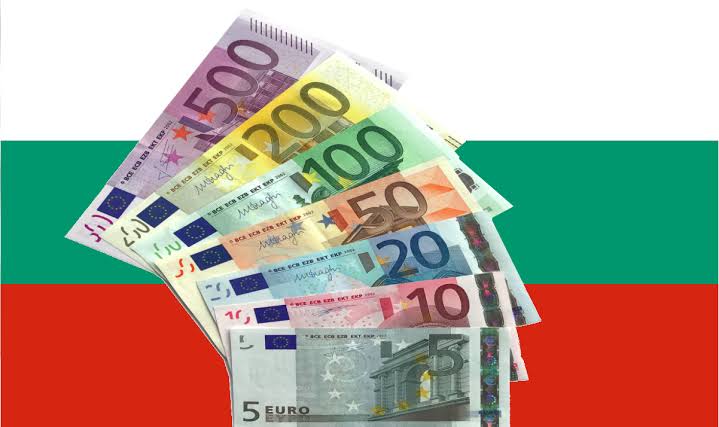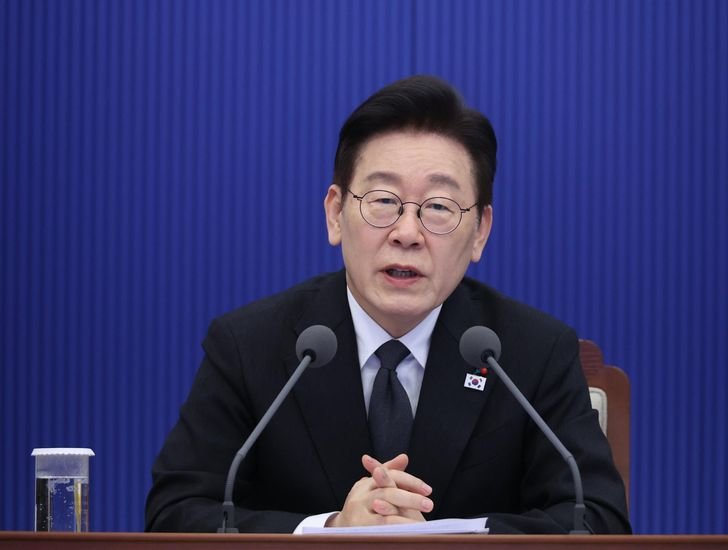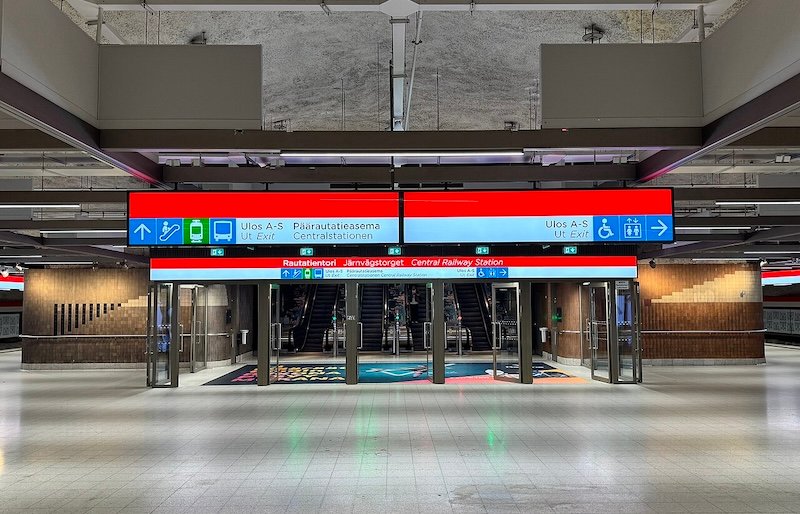Sofia, July 27, 2025 – The Europe Today: Since the start of Bulgaria’s public campaign to explain the transition to the euro, more than BGN 1 billion has been deposited into the national banking system — a clear sign of growing public confidence. The campaign has emphasized the automatic conversion process, fixed exchange rates, and no additional costs, which has reassured citizens and businesses alike.
Bulgarian banks, already operating with systems supporting multiple currencies, have invested heavily in their preparation for euro adoption. According to a senior representative from one of the country’s largest banks, 99% of all transactions are currently conducted in levs, euros, or U.S. dollars, tailored to the clients’ requirements and market needs.
Opening euro-denominated accounts is already possible, though most clients have yet to feel the need. When the currency conversion officially begins in early 2026, the process will be automatic, free of charge, and will not require individuals to visit their banks.
“Those holding levs should consider depositing them now. Most banks are offering fee-free account openings,” advised Georgi Zamanov, a prominent banking figure.
Zamanov also pointed out that loans may require renegotiation under the new conditions, and expressed regret that Bulgaria had not joined the eurozone earlier. “We could have joined a decade ago,” he stated, noting the country’s macroeconomic alignment and long-standing currency board. The delay, he argued, only created doubts and unnecessary hesitation among citizens and businesses.
While most sectors are preparing effectively, some, like the taxi industry, are lagging—not because of technical issues, but due to investment hesitancy amid uncertainty.
“Bulgarians are used to paying in euros abroad, like in Greece,” Zamanov added. “Now, the focus should be on informing elderly citizens in rural regions and small-scale retailers. This change is not only a financial transition—it represents Bulgaria’s forward step socially and economically.”














